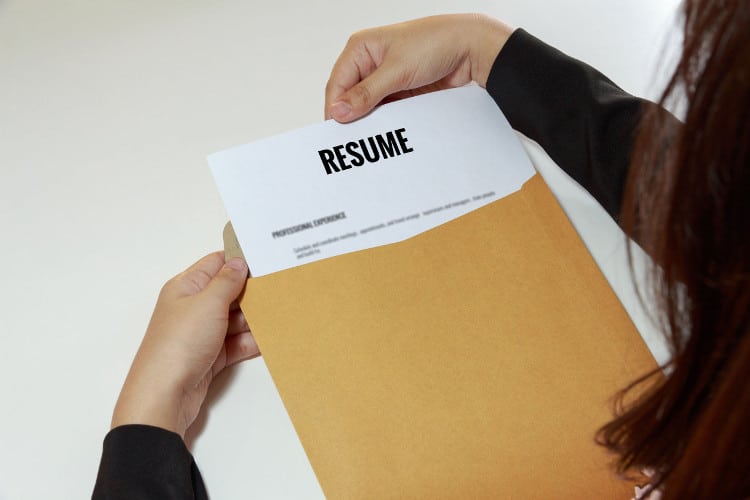FAQ
What Is A CV?
A CV, in Ireland and the UK, is a document used to apply for a job. It outlines your education, work history, skills and certificates. In the US, this is called a resumé.
How To Write A CV - Ireland?
A CV is an essential part of the job seeking process. In Ireland, a CV should be well written, well structured, and no spelling or grammar mistakes. Check out our complete guide on how to write a CV for Ireland.
What Does CV Stand For?
CV stands for Curriculum Vitae, which is Latin for “Course Of Life”.
How Long Should A CV Be?
A CV should be 1 to 2 pages, and no longer than 3 pages, in Senior applicant cases.
What To Put In A CV?
A good CV will include contact information, your education, previous work history, skills, certificates, interests, and hobbies.
What Skills To Include In A CV?
The skills included should be specific to your own case. Including skills that are not generic and stand out is a must. Active listening, computer skills, leadership, interpersonal skills, and team skills are all high on the list.


